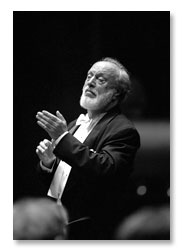
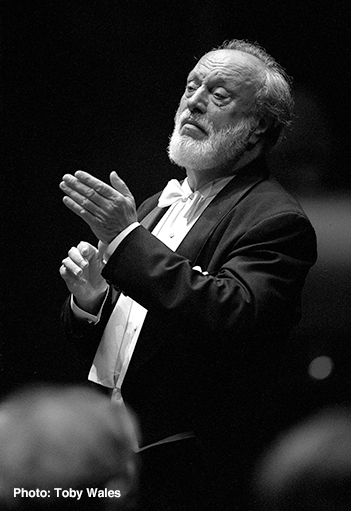
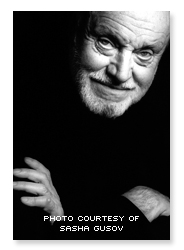
Kurt Masur initially studied the organ, piano and cello, attending the Landesmusikschule in Breslau between 1942 and 1944. At the age of sixteen he heard a symphony orchestra for the first time and decided to become a conductor. He studied conducting at the Leipzig Conservatory from 1946 to 1948, a period during which concerts conducted by Furtwängler which he attended had a major impact upon him. As he later recalled, ‘He could play with the orchestra as he would play a piano. They followed him into every corner. Every transition just was an event. And every introduction of a new theme was outstanding.’ After completing his studies Masur joined the Halle Landestheater as a répétiteur and then gradually worked his way up the operatic career ladder of the heavily regulated post-war East German state. He served as first conductor at the Erfurt Opera from 1951 to 1953; then at the Leipzig Opera from 1953 to 1955; moved to the Dresden Philharmonic Orchestra as second conductor between 1955 and 1958; and was appointed chief conductor at the Staatstheater of Mecklenburg in Schwerin in 1958. Two years later Masur was promoted to the post of chief conductor of the Komische Oper in East Berlin, then run by the brilliant theatre director Walter Felsenstein and one of the most prestigious cultural institutions in East Germany. The strength of Felsenstein’s personality proved ultimately to be a constraining influence: to quote Masur, ‘I went away from Felsenstein because…work each day was at least bringing me into a little bit, a kind of stiffness.’
As a result of his departure, the authorities believed that Masur wished to leave East Germany; and so in 1964 he found himself without a permanent appointment for the first time since his student days. During this period, which lasted for three years, he spent a great deal of time studying original scores by Beethoven and others in Berlin. In 1967 he was invited once again to conduct his old orchestra, the Dresden Philharmonic, as a substitute for a sick colleague, and was soon asked to become the orchestra’s chief conductor. Together orchestra and conductor achieved great success. As Masur recalled, ‘It was so wonderful to be with an orchestra where I never had to show up as a boss or someone who is a principal conductor. We were partners. And for the first time in my life, I had a partnership where everybody was convinced we have to go together.’ Soon after, Masur was invited to become the chief conductor of the Leipzig Gewandhaus Orchestra, initially holding this appointment in parallel with his conductorship of the Dresden Philharmonic. His period with the Leipzig Gewandhaus, which lasted for twenty-six years until 1996, after which he became the orchestra’s conductor laureate, was highly productive. The international reputation of the orchestra was firmly re-established through tours and numerous finely-engineered recordings for the East German state record company, VEB; these included the complete symphonies of Beethoven, Bruch, Bruckner and Mendelssohn, many of which were licensed to Western record companies. This success was confirmed with the opening of the new Leipzig Gewandhaus in 1981.
During this period Masur also began to conduct abroad: from 1973 he appeared as a guest conductor with the New Philharmonia Orchestra in the United Kingdom and he made his American début with the Cleveland Orchestra in 1974. He was appointed principal guest conductor of the Dallas Symphony Orchestra in 1976, and of the London Philharmonic Orchestra in 1988. During the period of the collapse of the Communist governments of Eastern Europe in 1989, Masur played a key rôle in encouraging negotiation and was soon recognised as an important ambassador for his country. His next major appointment came in 1991 when he began his tenure of the post of chief conductor of the New York Philharmonic Orchestra. This lasted until 2002, after which he became the orchestra’s music director emeritus. He did much to strengthen the playing standards of the orchestra, making numerous excellent recordings with it; however he also came into conflict with its management, and was not perhaps fully appreciated for his undoubted musical strengths until after his departure.
Masur’s achievements in New York were eloquently summed up by the editor of Musical America, Sedgwick Clark: ‘Kurt Masur’s great success in New York has been to instil amongst the musicians a corporate direction and pride…he and the Philharmonic were the right match at the right time. To an increasingly frenetic, overstated world, the Maestro’s music-making provides a welcome sanity, coupled with a strong vein of lyricism…his choices come from a passionate conviction in the humanistic power of music to heal.’ Returning to his European roots in 2000, Masur became principal conductor of the London Philharmonic Orchestra (relinquishing this post in 2007), and in 2002 he accepted the position of music director with the Orchestre National de France, thereafter taking up the position of Honorary Music Director for Life ensuring his close and active involvement with the orchestra. He was also active as a teacher of conducting; since 1975 he was professor at the Leipzig Academy of Music, and he participated in numerous conducting seminars both in America and Europe.
A technically highly proficient conductor, Masur was dedicated to realising the intentions of the composer as written in the score. At the same time he recognised that it is necessary ‘…to go deeper in the understanding, to go deeper in the discovery of the spirit of pieces’. Above all he was clear about the intention and need ‘…to go for the truth in music making’. On the podium he was undemonstrative (he conducted without a baton as a result of an accident) but his presence carried great authority and his intentions were always extremely clear. He was without question one of the major conductors to have come out of Germany during the post-war years, with a philosophy and approach to music-making that placed him in a direct line with his many distinguished predecessors.
© Naxos Rights International Ltd. — David Patmore (A–Z of Conductors, Naxos 8.558087–90).
| Title | |
| CLASSICAL MUSIC AND THE COLD WAR | |
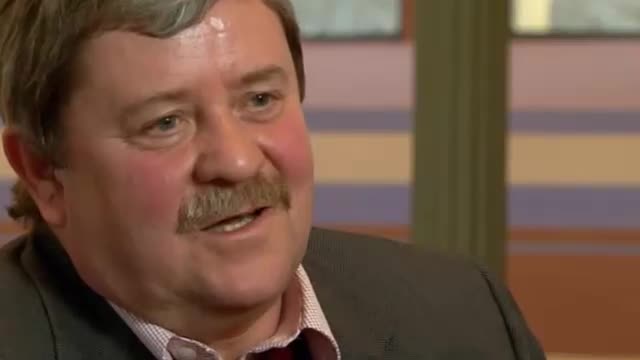
|
CLASSICAL MUSIC AND THE COLD WAR
Artists:
Masur, Kurt -- Schmidt, Helmut -- Schreier, Peter
Label/Producer: C Major |
| DISCOVERING MASTERPIECES - MENDELSSOHN, F.: Violin Concerto in E minor | |
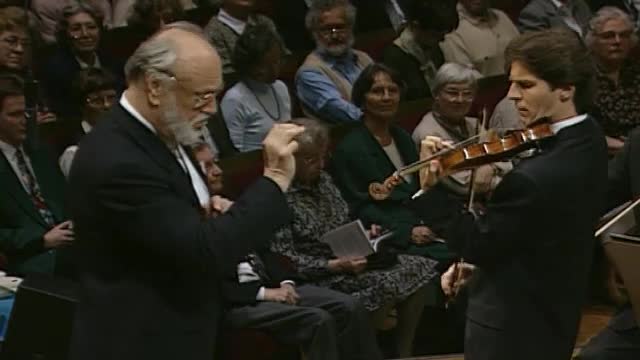
|
DISCOVERING MASTERPIECES - MENDELSSOHN, F.: Violin Concerto in E minor
Composer:
Mendelssohn, Felix
Artists:
Erben, Frank-Michael -- Leipzig Gewandhaus Orchestra -- Masur, Kurt
Label/Producer: EuroArts |
| MASUR, Kurt: Adventures in Listening | |
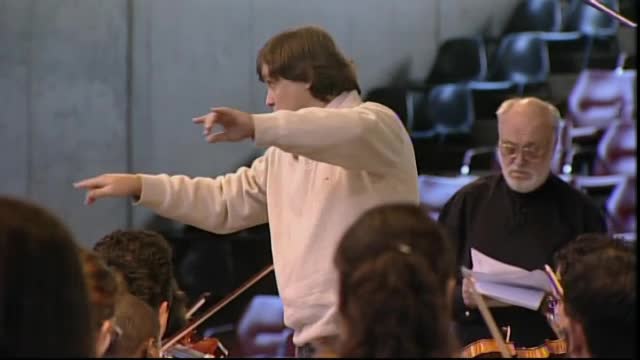
|
MASUR, Kurt: Adventures in Listening
Artist:
Masur, Kurt
Label/Producer: C Major |
| MASUR, Kurt: Life in Music (A) | |
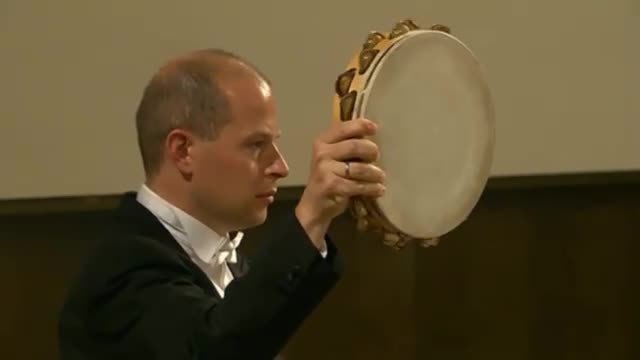
|
MASUR, Kurt: Life in Music (A)
Composers:
Bernstein, Leonard -- Bizet, Georges -- Brahms, Johannes -- Dukas, Paul -- Dvorak, Antonin -- Gershwin, George -- Jobim, Antonio Carlos -- Moniuszko, Stanislaw -- Nicolai, Otto -- Tchaikovsky, Pyotr Il'yich
Artists:
Leipzig Gewandhaus Orchestra -- Leipzig MDR Radio Choir -- Masur, Kurt -- Schmidt, Harald
Label/Producer: EuroArts |
| MENDELSSOHN, F.: Violin Concerto in E minor / Piano Trio No. 1 / Violin Sonata in F Major (Mutter) | |
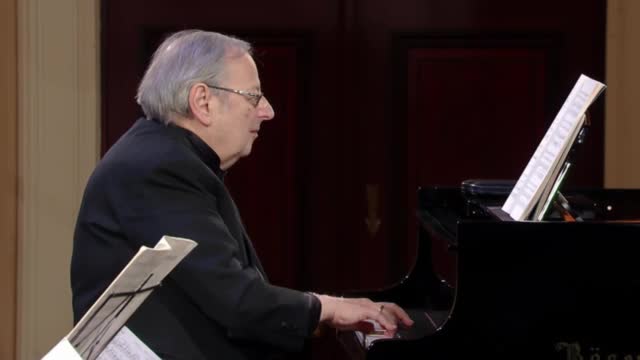
|
MENDELSSOHN, F.: Violin Concerto in E minor / Piano Trio No. 1 / Violin Sonata in F Major (Mutter)
Composer:
Mendelssohn, Felix
Artists:
Harrell, Lynn -- Leipzig Gewandhaus Orchestra -- Masur, Kurt -- Mutter, Anne-Sophie -- Previn, Andre
Label/Producer: UNITEL |
| MENDELSSOHN, Felix: Sextet, Op. 110 / Symphony No. 3/ Piano Concerto No. 1 (Verbier Festival, 2009) (Yuja Wang, Masur) | |
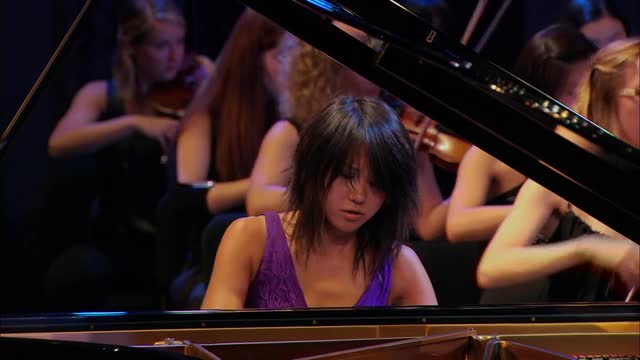
|
MENDELSSOHN, Felix: Sextet, Op. 110 / Symphony No. 3/ Piano Concerto No. 1 (Verbier Festival, 2009) (Yuja Wang, Masur)
Composer:
Mendelssohn, Felix
Artists:
Carpenter, David Aaron -- Gabetta, Sol -- Masur, Kurt -- Mesh, Leigh -- Rysanov, Maxim -- Troussov, Kirill -- Verbier Festival Orchestra -- Wang, Yuja
Label/Producer: EuroArts |
| MUTTER, Anne-Sophie: Encounters with Mendelssohn | |

|
MUTTER, Anne-Sophie: Encounters with Mendelssohn
Artists:
Harrell, Lynn -- Masur, Kurt -- Mutter, Anne-Sophie -- Previn, Andre
Label/Producer: UNITEL |
| STRAUSS, R.: Metamorphosen / 4 Last Songs (Opus 20) (Varady, Leipzig Gewandhaus Orchestra, Masur) | |
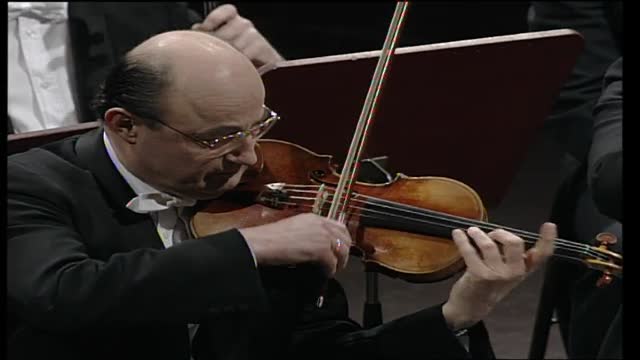
|
STRAUSS, R.: Metamorphosen / 4 Last Songs (Opus 20) (Varady, Leipzig Gewandhaus Orchestra, Masur)
Composer:
Strauss, Richard
Artists:
Leipzig Gewandhaus Orchestra -- Masur, Kurt -- Varady, Julia
Label/Producer: Digital Classics Distribution |
